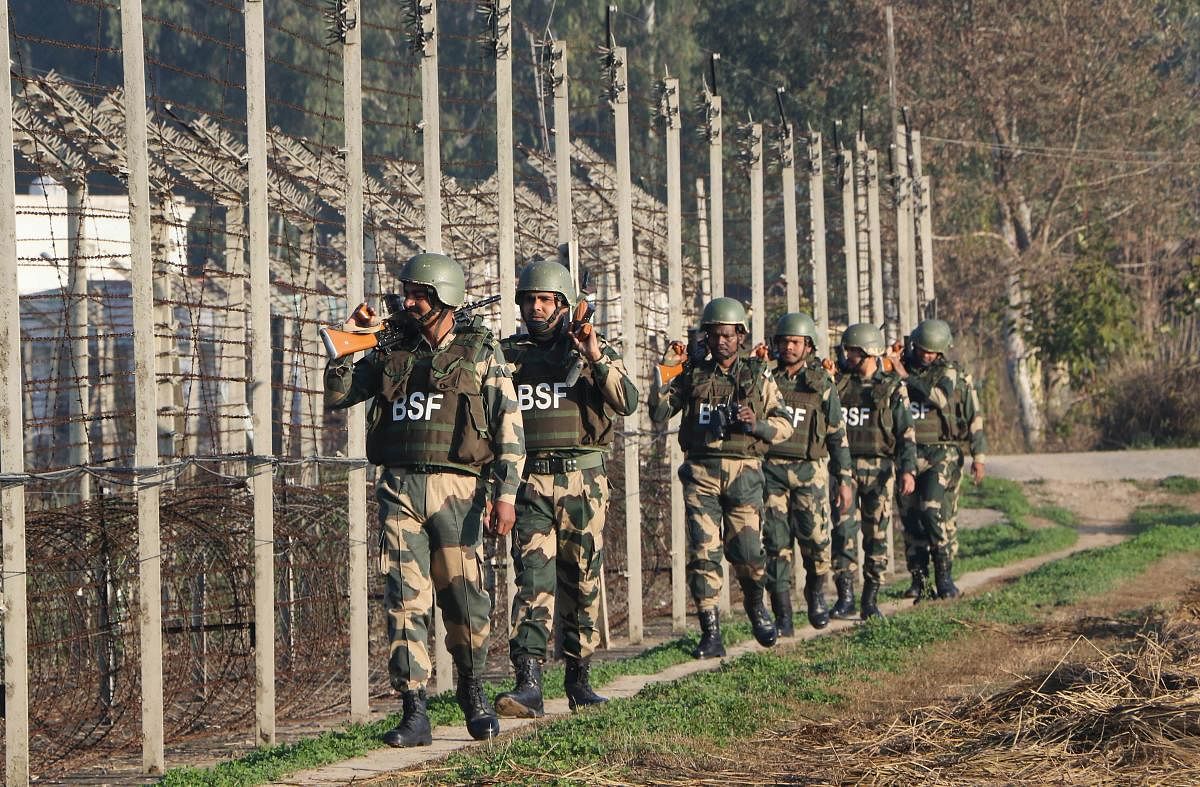
Many hurdles have to be crossed before transgender people can benefit from the government’s decision to induct them into the armed forces, NGOs in Bengaluru say.
The home ministry announced earlier this week that transgender people would be recruited by the Central Reserve Police Force and Border Security Force (CRPF). The decision came in response to a Supreme Court order.
Shubha Chacko, executive director, Solidarity Foundation, says it could help integration with the mainstream, but wonders how sensitive the male-dominated forces will be towards transgender people.
“Their work culture is very masculine. Equality is not about sameness but inclusivity. It shouldn’t be that members of the transgender community are forced to survive; they should be there because of their merit,” says Shubha.
Poornima Sukumar, artist and activist, says the transgender community needs to first feel safe in the society before it takes on the role of fighting for it.
“We understand the minimum qualification to join the forces is class 10, but most members of the transgender community drop out of school in the lower classes because of bullying and discrimination,” she says. Arvind Narain, activist and board member at the Alternative Law Forum, says a court verdict mandates that government institutions not discriminate against LGBT persons.
The state must also ensure transgender children are not discriminated against in schools and colleges. “Otherwise, this measure may not mean much in practice,” he says.
A senior officer in the armed forces said there wasn’t much difference in training for CRPF, BSF and the Army.
“There are primarily two types of training—physical and weapon training. The pattern of toughening is the same,” says the officer. He believes the transgender community is as good as any other and would be able to withstand the rigours.
The Bengaluru police had a proposal to train and induct members of the transgender community in the Karnataka State Reserve Police (KSRP).
“We had proposed that they be deputed at Metro stations and other public places for patrolling, but members of the transgender community did not come forward,” he says.
He says the decision allows transgender people to get government jobs “which in itself provides a sense of security and respect.”
Possible hurdles
Transgender people drop out of school because of bullying. The minimum qualification to join CRPF and BSF is a class 10 pass.
The community needs to be proactive. A Bengaluru police proposal to recruit them fell through for want of takers.
Sustainable job opportunity
The National Skill Development Corporation, Karnataka office, recently executed ‘Project Hope’, a dairy farming livelihood project for the transgender community in Kolar district.
Capt Kaustav Nath, state engagement officer, NSDC, says he raised Rs 7.64 lakh for the project. The district administration is helping the Sankalp Trust identify land for the project.
“It is not just enough to provide employment opportunities for the transgender community. You have to identify the ground-level challenges and work around them,” says Capt Kaustav.
He believes the dairy farm project will “wean many away from begging and prostitution.” The project was funded by Collins Aerospace India and training was provided by Orange Tech Solutions.
Things are looking up
Priyanka R, trans woman and radio jockey, says the decision restores dignity for the community. “It is proof that things are beginning to brighten up. It is time to prove we are physically, mentally and emotionally just as strong and capable as anybody else,” she says.
Towards inclusivity
Shilok Mukkati, artist and activist who identifies as a queer woman, says many drop out school because of the prejudice. “The decision ensures inclusivity of the community,” Shilok says.